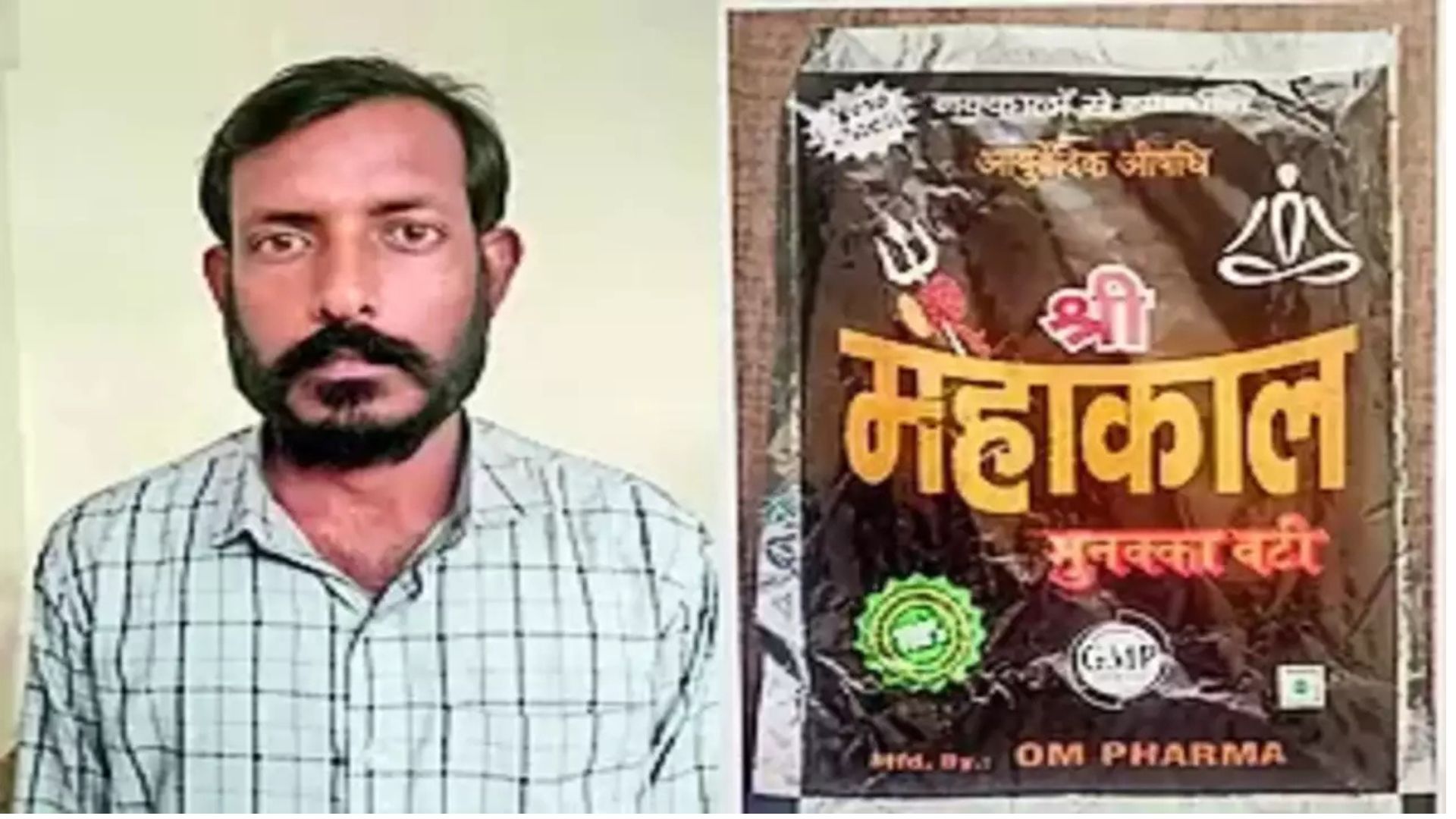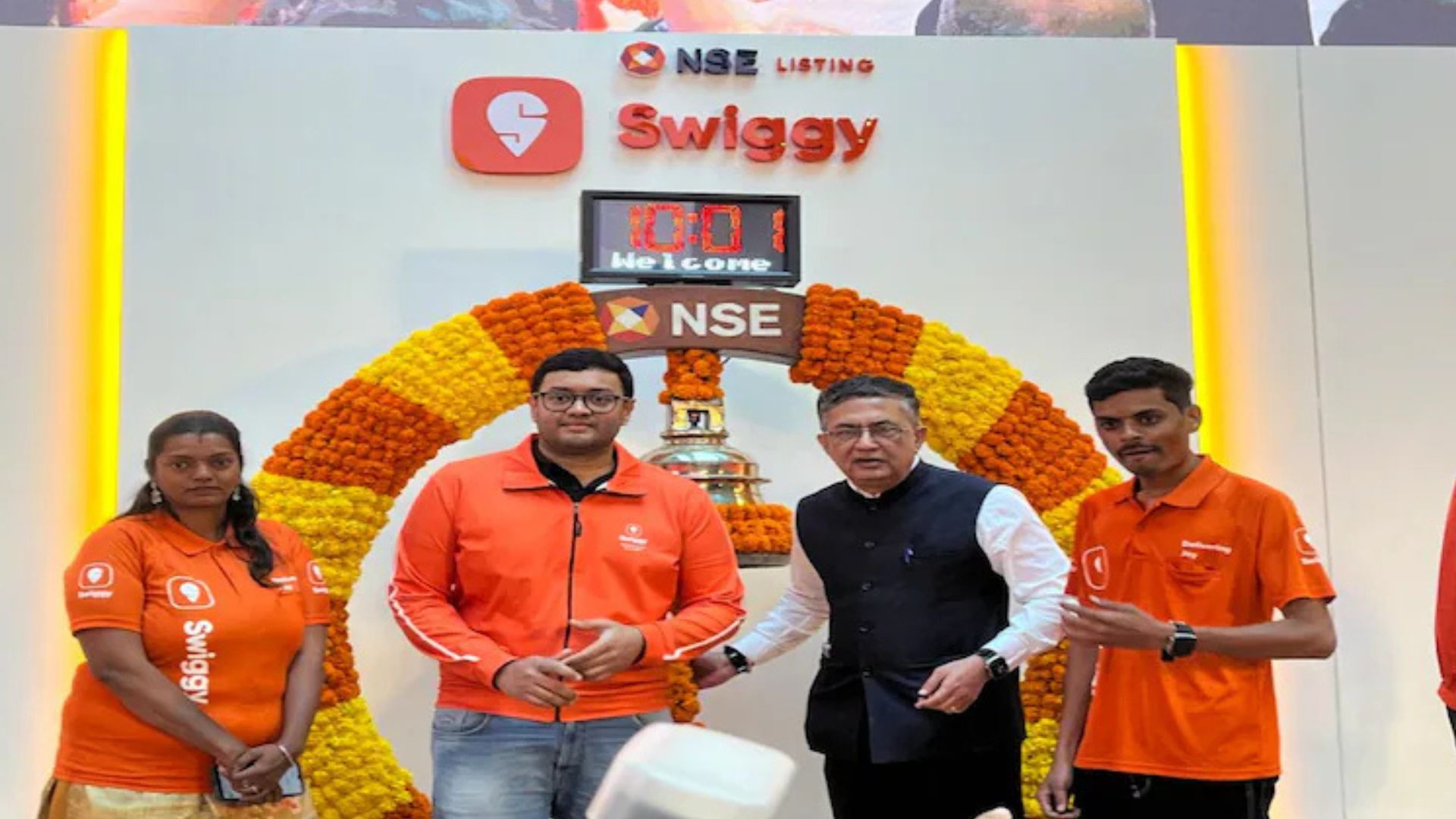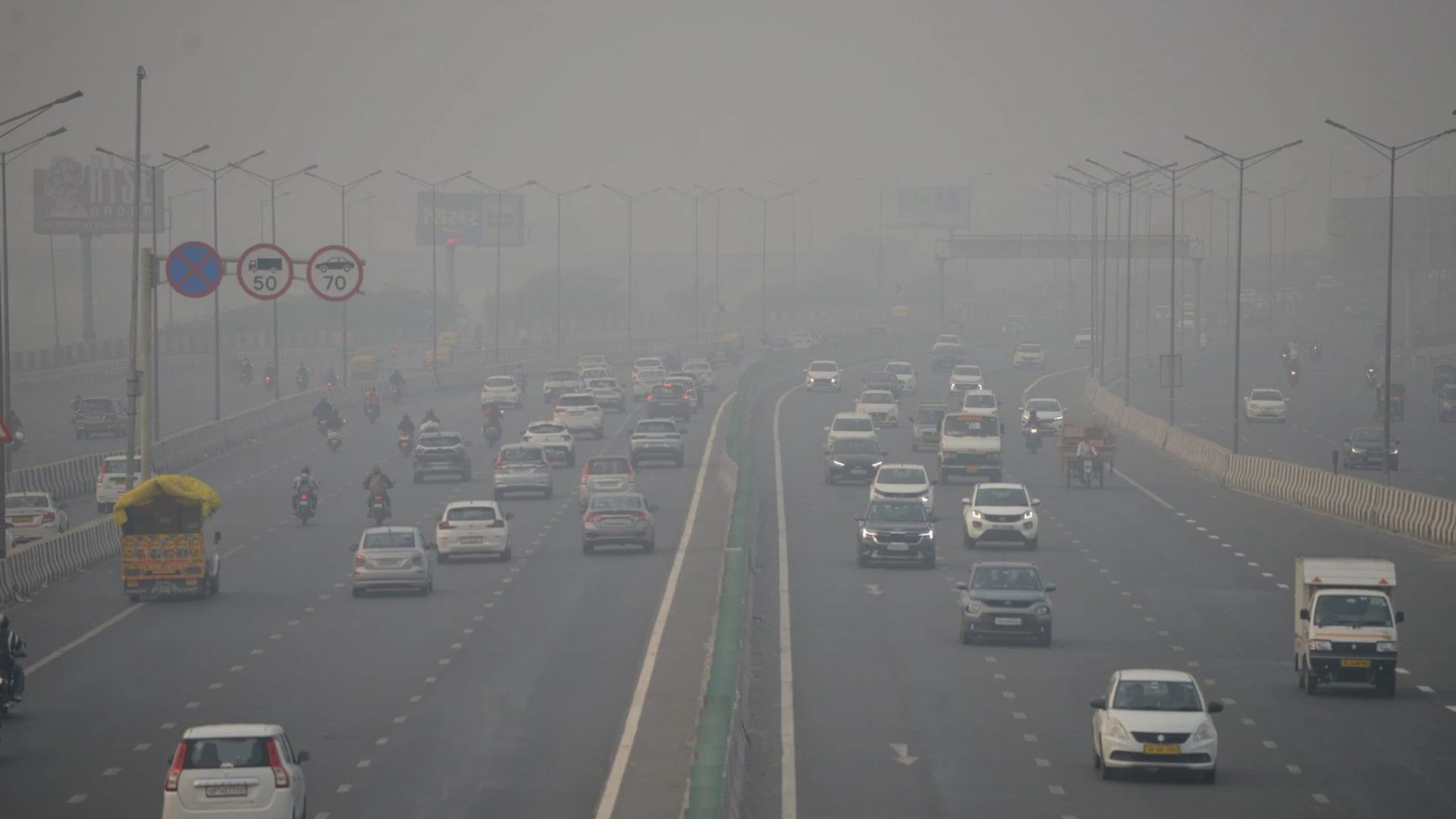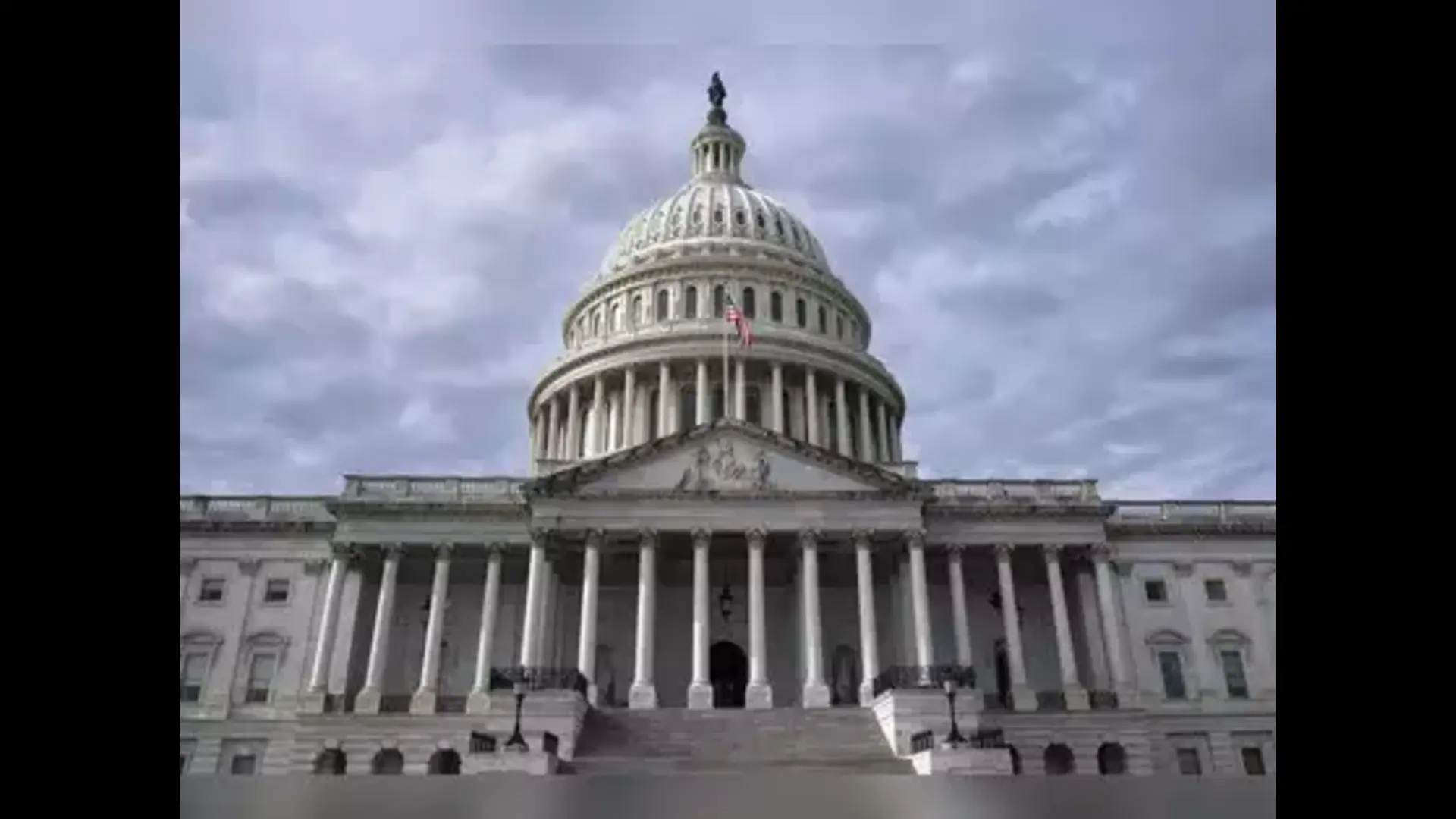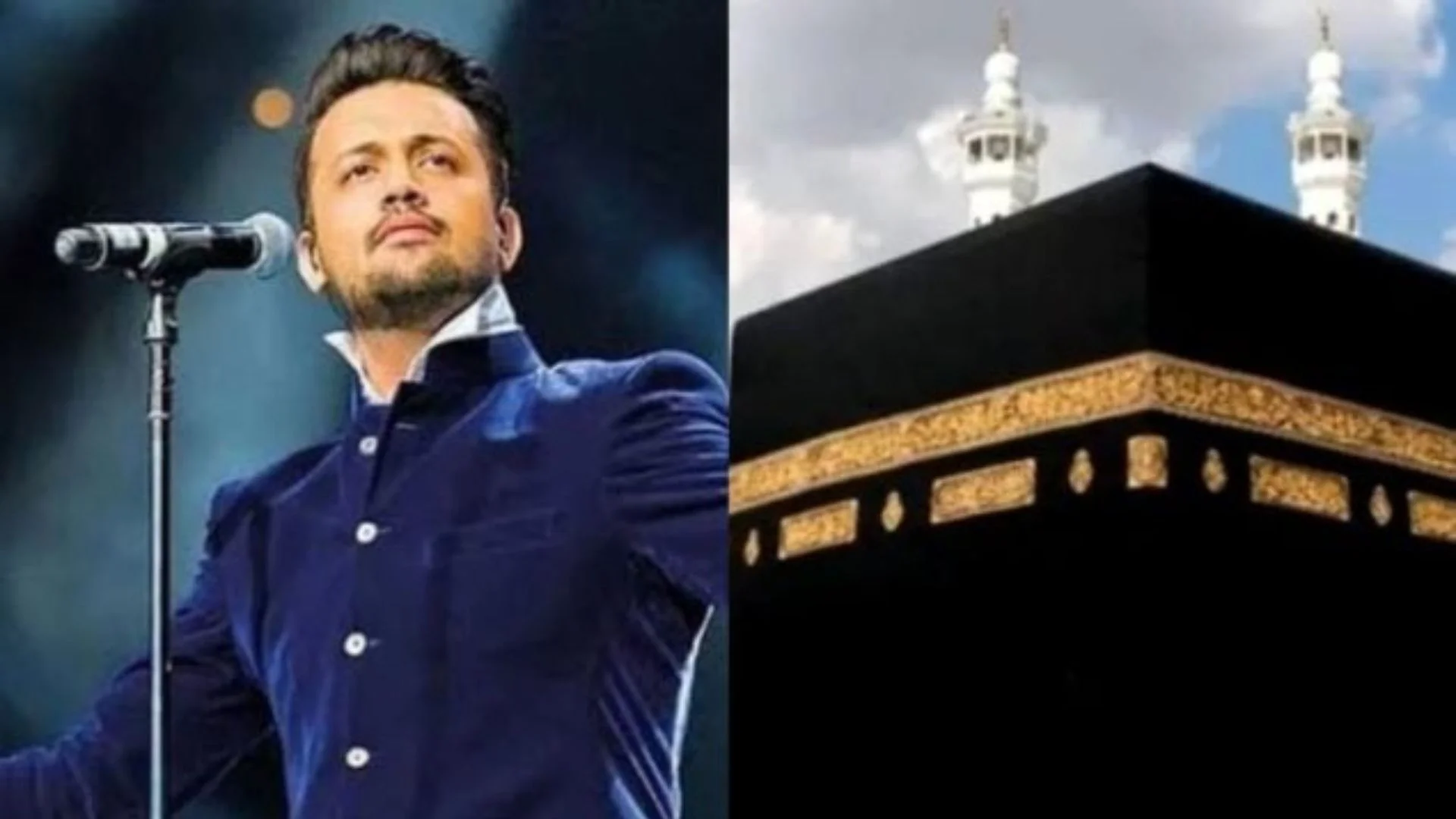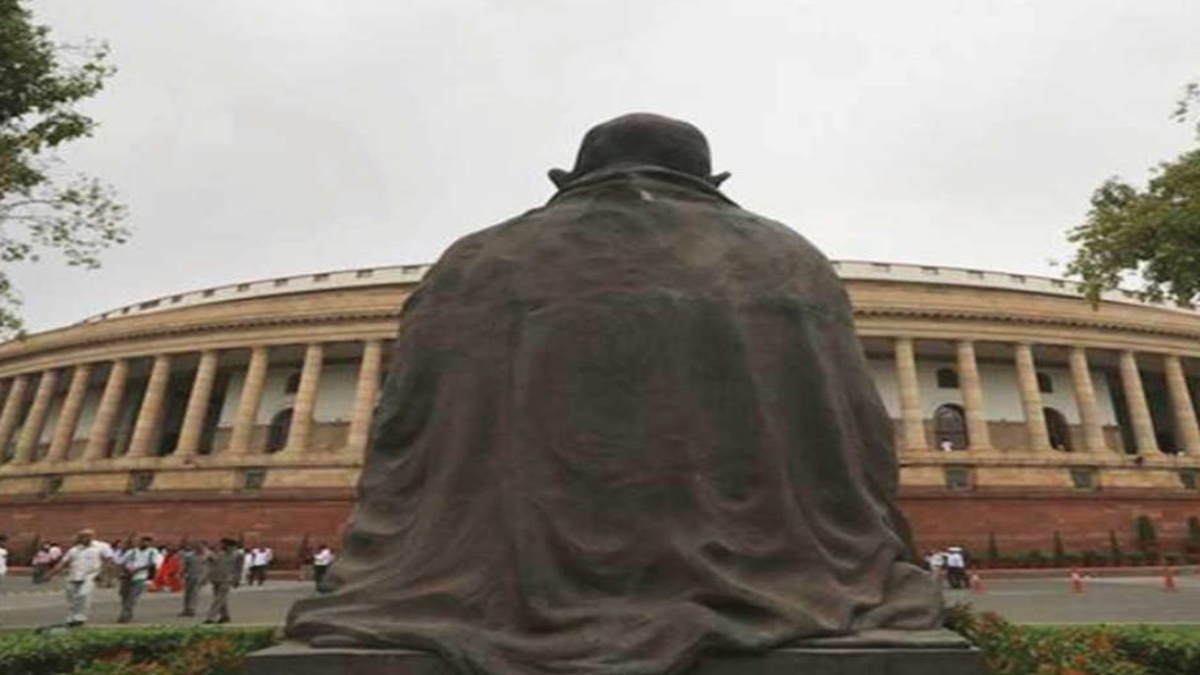
WHY IS THE BILL NEEDED?’
The 127th Constitution Amendment was necessitated after the Supreme Court, in its Maratha reservation ruling in May, upheld the 102nd Constitutional Amendment Act. The Apex Court said the President, based on the recommendations of the NCBC, would determine which communities would be included on the State OBC list. The Supreme Court endorsed that the Parliamentary intention was discernible and that the list which was contemplated to be issued by President under Article 342A was only the Central List whereby the five-judge Constitution bench of the Supreme Court, headed by Justice Ashok Bhushan, had unanimously set aside a Maharashtra law granting quota to Marathas and refused to refer the 1992 Mandal verdict that put a 50-per cent cap on reservation to a larger bench.
ABOUT 127TH CONSTITUTION AMENDMENT BILL
The amendment proposes to add clause (3) to Article 342A, which clarify that states and union territories will have the power to identify and specify SEBCs for their own purposes and that such list may differ from the Central list.
The proposed clause reads as:
“Notwithstanding anything contained in clauses (1) and (2), every State or Union territory may, by law, prepare and maintain, for its own purposes, a list of socially and educationally backward classes, entries in which may be different from the Central List.”
AFFIRMATIVE ACTION V. JUDICIAL BYPASS
What raises the eyebrows is the fact that the amendment Bill saw no opposition in a session which has been marked by the continuous disruption. The amendment bill primarily bypasses the SC Maharashtra reservation ruling and restores the powers of the state governments to maintain a state list of OBCs. This move is seen by the political pundits as somewhere for a need to get support among the OBC’s in the election bound states, particularly in the politically significant Uttar Pradesh.
DOMINANT CASTE AS OBC
Marathas are both economically and politically a forward caste. They had never faced social stigma to invite a backward class status. The Marathas have always dominated state politics; out of 17 chief ministers since 1960, 10 have been Marathas. About half or more of the MLAs have been Marathas in these years. Further, most of the educational institutions, sugar factories and cooperative banks are controlled by the Marathas. The representation of Maratha in the Legislative Assembly of the State is more than 50 percent and in the Cabinet of the State they are more than 50 percent. After enforcement of the Constitution, Marathas were never regarded as an Other Backward Community. Three Central Commission and three State Commissions have rejected the claim of the Marathas to be backward
Patels in Gujarat are dominant caste in the state and wanted reservation after the Patidar agitation. The state government in 2016 issued ordinance to provide 10 per cent reservation but this was later struck down by the Gujarat High Court.
Jats in Haryana are another dominant caste, the state government enacted a law to give 10 per cent reservation to Jats and five other castes in jobs and education. But the Punjab and Haryana High Court stayed the reservation policy as the Supreme Court, in the case of Ram Singh and others versus the Union of India, had held that Jats were not backward socially, educationally and politically in Haryana.
Politically organised classes that dominate government are not backward in any Constitutional sense. The 127th Amendment Bill surrenders itself before the pressure groups by extending reservation to rich and powerful communities. Dominant groups or communities, once included, as SEBCs by states would, due to their relative “forward” status, likely take a disproportionate share of state benefits of reservation in employment and admission benefits to state institutions. Their inclusion can well result in shrinkage of the real share of reservation benefits for the most backward.
